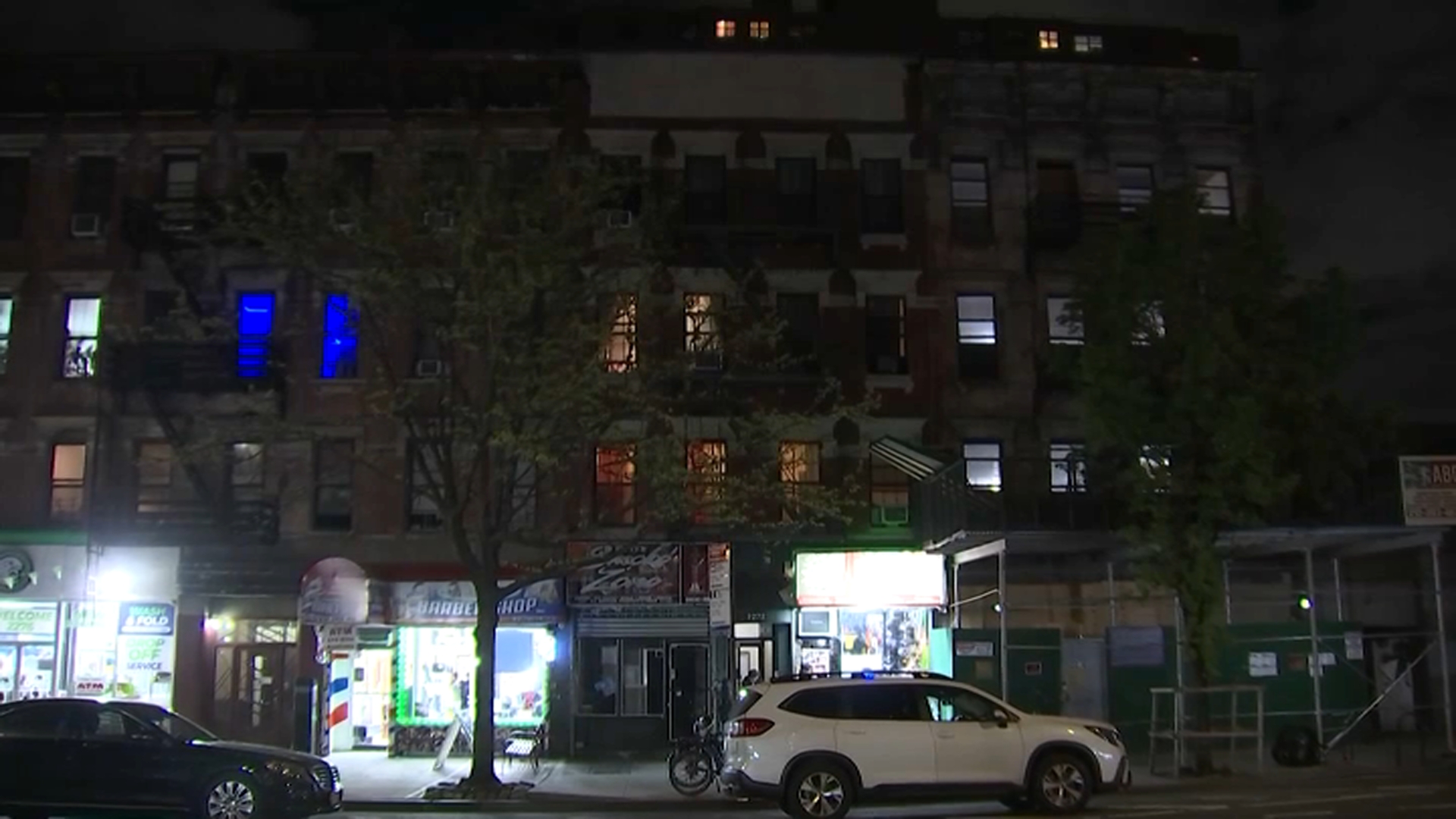The MTA this afternoon approved a new package of fare increases that will raise the cost of a subway ride from $2 to $2.25.
The vote by the board of the Metropolitan Transportation Authority came after the state Legislature approved a $2.26 billion bailout for the agency last week.
Overall tolls and fares will go up about 10 percent -- smaller than an earlier plan to boost them up to 30 percent. The increases to subway and bus fares will take effect on June 28. Bridge and tunnel toll hikes begin on July 12.
The bailout also calls for a 50-cent surcharge on taxi rides, increases in vehicle registration and license fees, and a payroll tax on employers in counties around New York City.
"Today we implemented a bittersweet solution that comes with additional pain for our customers, our employees and those who live and work in our region," said H. Dale Hemmerdinger, Chairman of the MTA Board. "But it will – at least for the short term – prevent the Armageddon that loomed large when we last met."
Some commuters, cab drivers, transit advocates and politicians have said they were unimpressed and even disgusted with the financial bailout deal, but many expressed relief that the base subway fare would increase by only 25 cents.
“It's something you have to adapt to, you know what I'm saying? An apple doesn't cost a nickel anymore,” said Larry Taylor, who commutes by subway from the Bronx, as he stood at a table on a street near Penn Station selling DVDs.
Republicans in the Democrat-controlled Senate criticized the bailout, saying it breaks with a 13-year tradition of splitting New York City transportation aid with the rest of the state. Sen. Dean Skelos, a Long Island Republican, said the payroll tax will kill jobs outside the city, where there is little benefit from city transit.
The GOP minority also argued that the bailout consumes money that was supposed to go to road and bridge projects upstate and on Long Island.
The bailout raises $1.5 billion from the payroll tax, of which $400 million will be put toward capital funding. That $400 million will be collateral so the state can borrow about $6.5 billion in bonds over the next two years to start the capital plan.
The state will reimburse school districts an estimated $60 million in next year's budget for what the schools will have to pay out in payroll taxes. Tax revenues will go toward capital, and fare hikes will be used for operations.
The state-created MTA, which has an annual budget of about $11 billion, also runs the Metro-North Railroad and Long Island Rail Road, the Long Island Bus system and several bridges and tunnels. The systems carry more than 8.2 million riders on an average weekday and more than 300 million vehicles a year.
Local
The MTA has blamed the economic downturn for a $1.2 billion budget deficit. The bailout was intended to avoid the threatened double-digit fare increases, service cuts and layoffs. It includes 7.5 percent increases in fares and tolls in 2011 and 2013, Assembly Speaker Sheldon Silver said.



